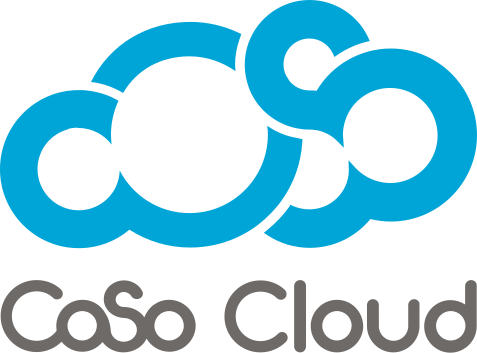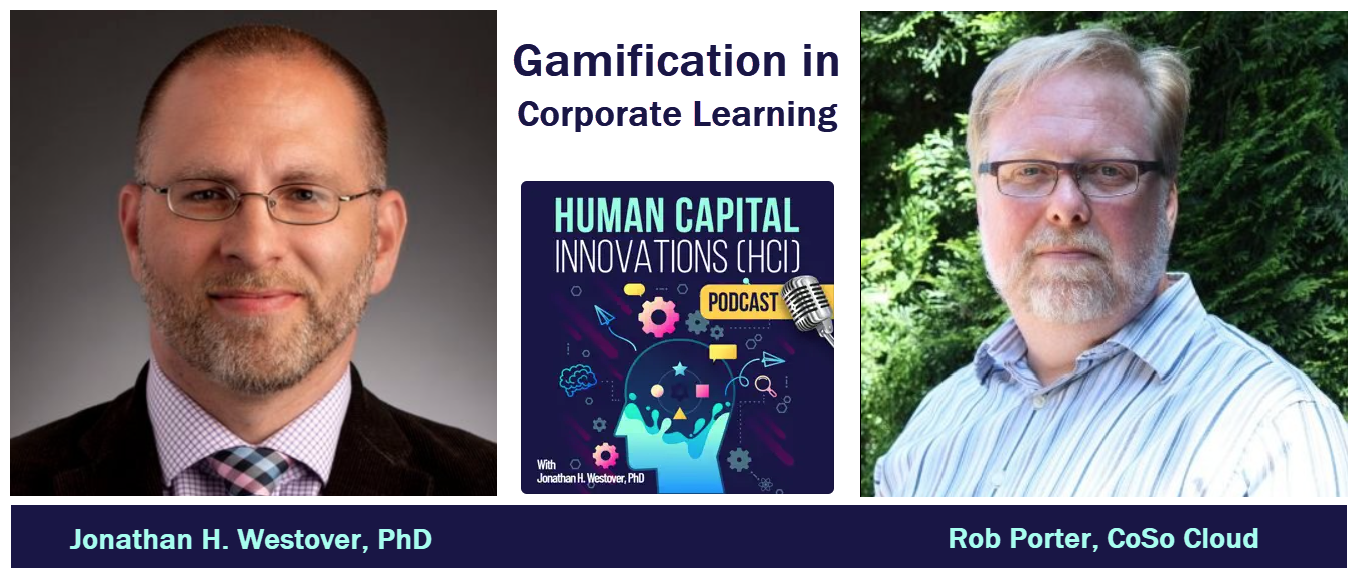
Upskilling and Reskilling your Workforce
September 14, 2021
The common definition of upskilling is when “Employers provide employees with more advanced skills through additional education and training with the goals of improving the efficiency and effectiveness of an organization(Merriam-Webster).” Upskilling essentially allows an employer to take advantage of resources that already exist within their current workforce with minimal disruption across different departments or workplace operations.
Reskilling is defined as “Training for employees who have shown they have the aptitude for learning a completely new role, or even an occupation.” In a reskilling initiative, workers receive new training, experiences, and certifications that allow them to move between different roles within an organization. This provides both growth for the employee as well as a more versatile staff. We also see this making an impact by offering more flexibility with scheduling and backfill needs. Additionally, it increases the capabilities of an organization to be prepared for future events, both planned and unplanned as we have observed with covid.
According to the World Economic Forum, approximately 54% of workers will need to reskill or upskill in the next three years. The employees themselves tend to agree. A survey by West Monroe Partners found that 60% of employees believe their current skill set will become outdated in the next three to five years. So, this shouldn’t be a surprise for most people.
For current and future healthcare professionals — especially those in entry-level positions or early in their careers — this means capitalizing on upskilling and reskilling, as well as certificate stacking opportunities. These education and training options are relatively fast and affordable for both employers and employees. They can also increase upward mobility potential and make it easier to fill staffing voids. And last but certainly not least, it can improve salary potential for employees, which we can all agree, is always a motivator.
And for employers, it means keeping well-trained professionals on staff, encouraging employee loyalty and ultimately improving patient care. This enables employers to be better prepared for both known and unknown disruptions. It increases personnel availability and versatility when it comes to staffing and scheduling. Additionally, we all know that increasing skills may also increase the effectiveness of the organization. Check out our latest webinar to learn how to quickly and effectively upskill and reskill your healthcare employees using Adobe Captivate Prime. If you’re interested in getting set up with Captivate Prime or any of our other solutions, contact us today!











